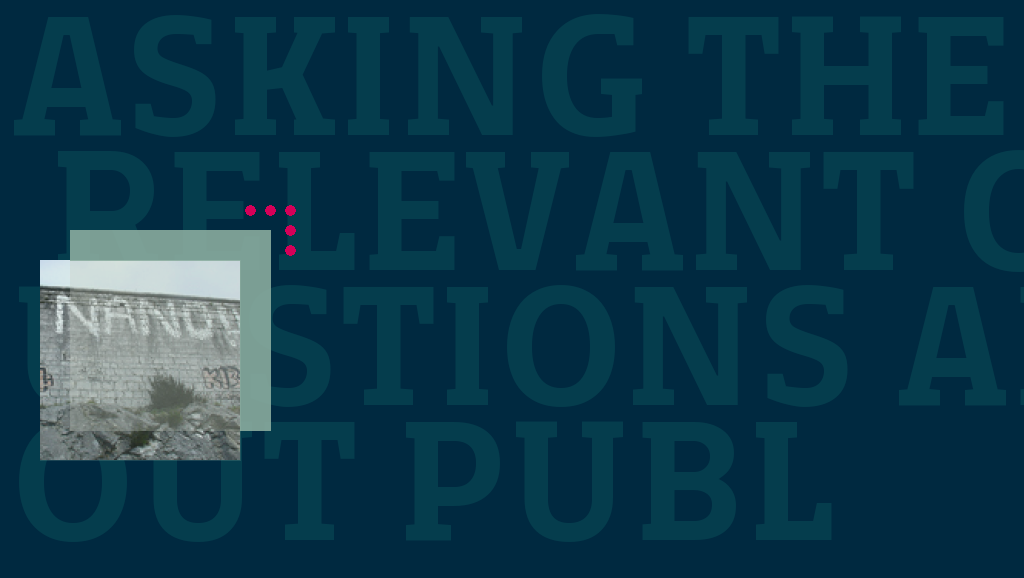Participatory experiments in nanotechnology have been numerous, but their outcomes are uncertain. Some have criticized the little interest these mechanisms have received in policy circles.
Local examples can help illustrate the difficulties that participatory experiments face.
The Grenoble case is telling for that matter. Grenoble is a city in the French Alps, which has become a major research hub in nanoscience and nanotechnology. The city also has a tradition of activism – and nanotechnology has been put on the top of some activists’ agenda. The opening of Minatec, the main nanotechnology research center in the Grenoble area, was greeted by – allegedly – the world first anti-nanotechnology demonstration. This July 2006 event was just one of the many actions that anti-nanotechnology activists were involved in.
In 2005, a group of social scientists was commissioned to advise local officials about the management of nanotechnology programs in Grenoble. They recommended the organization of a citizen conference about the local management of emerging technology programs. No such conference took place, but a series of public meetings was commissioned to Vivagora, a non-profit organization devoted to science/society dialogues.
The reception that these initiatives received was mixed. Officials ignored the recommendations of the report and did not seriously engage in the public meetings. Activists kept blaming the social scientists and Vivagora for trying to sell already made decisions to the public.
Reading the failure to initiate a “participatory approach” to nanotechnology governance as a consequence of a general ill will toward public participation in science would hide deeper opposition. In Grenoble, different groups of people differently defined how the citizen should behave, and what the issues were.
For local officials, research policy was a matter of technical and economic rationality. Nanotechnology research was necessary for the Grenoble area to grow. It was then the duty of the citizen to take part in this enterprise by informing his or herself, and trusting the officials in charge.
The activists described nanotechnology as a global “program of control” that should be fought. For them, the role of the citizen was to do social critique from a neutral point of view – that of the anonymous “simple citizen”.
These two positions were deeply opposed. Yet they were surprisingly similar in their concern for neutrality. The neutrality of science reflected the neutrality of social critique: both claimed to be “free from any interest”. On the contrary, the authors of the report and the organizers of the public meetings wanted the citizen to recognize her own interests and present them publicly, in order to discuss the different nanotechnology projects that were at stake. Thus, their position contradicted the general concern for neutrality and could not be understood by the other actors.
That this “reflexive” position was not accepted in Grenoble tells a lot about the difficulties of public participation. It shows that even before thinking about linking participatory experiments and public decision-making, it is necessary to understand the deeper issues that lie behind controversies about participation.
(photo: andymiah)
















